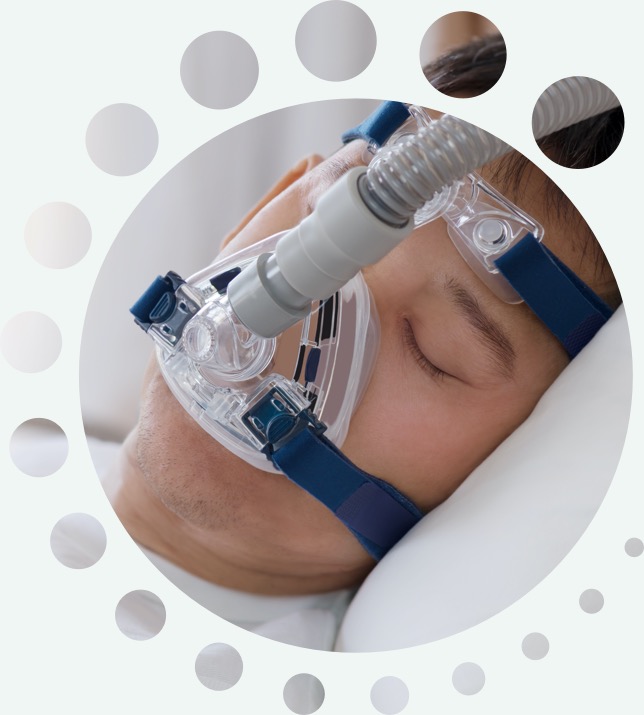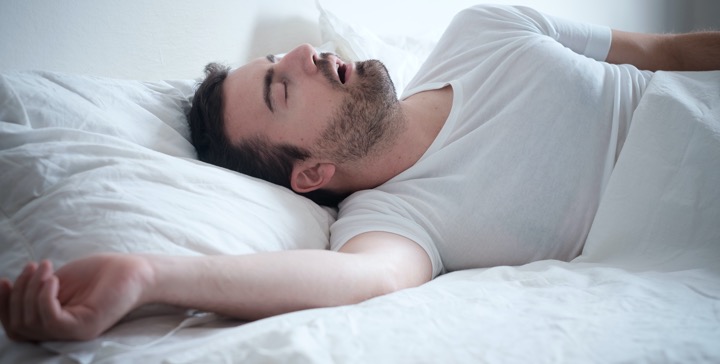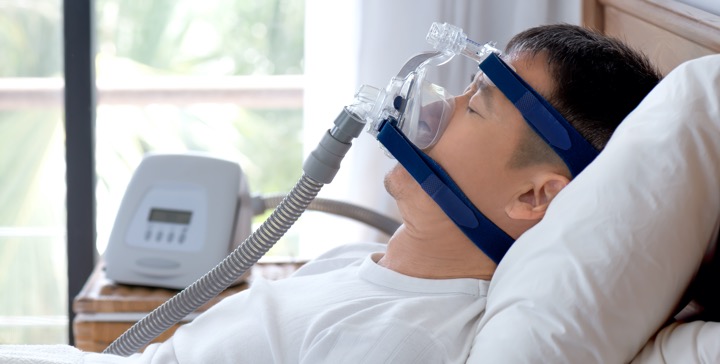Services
Sleep Therapy Program for Obstructive Sleep Apnea
Obstructive Sleep Apnea (OSA) is a potentially serious sleep disorder that causes breathing to repeatedly start and stop for at least 10 seconds while sleeping. There are several types of sleep apnea but OSA is most common. This particular type of apnea occurs when there is an obstruction or blockage in your airway. This obstruction occurs from relaxed muscles along your airway, enlarged tongue or tonsils, airway space being too narrow, or even genetics.
When you have apnea (meaning without breath) the oxygen in your blood drops, causing an increase in carbon dioxide to build up, due to not breathing. When this occurs it puts strain on your heart, causing an increase in blood pressure. If left untreated, sleep apnea can significantly increase the risk of cardiovascular disease and stroke.
Recommended treatments for sleep apnea include positive airway pressure devices such as CPAP (Continuous Positive Airway Pressure) or BIPAP (Bilevel Positive Airway Pressure). These devices pull in room air through a machine to create an ambient pressure to “push” open your airway so all the air and oxygen that was getting caught at the obstruction, finally make it through your airway and to vital organs to help prevent things such as stroke, hypertension, heart attacks, ect. Patients who use PAP therapy report an increase in alertness, improved cognitive ability, better quality sleep, lower blood pressures, and more energy.

- Daytime Sleepiness
- Loud snoring
- Restless legs
- Mood Swings
- Decreased interest in sex
- Irritability
- Morning Headaches
- Waking up with dry mouth or sore throat
- Insomnia

Our PAP Therapy Program consists of PAP intake, insurance verification, and a scheduled PAP set up appointment with a respiratory therapist.During set up, you will learn how to operate and clean your new PAP machine and be fitted with a prescribed PAP mask or a different mask of your choice.
Our respiratory therapist will follow up with our patients to check on usage and success with the PAP therapy device, and answer any questions that might arise. We monitor compliance with the PAP devices for 90 days per insurance guidelines. Our goal is to have our patients compliant with their PAP machine within the first 30 days of therapy.
Contact Us Now